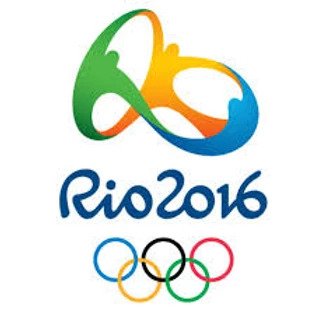
The clamour for all Russian athletes to be banned from the Rio Olympics is totally understandable, but it breaches a basic principle of justice.
If you or I break the law, we’re entitled to be treated fairly according to the punishments laid down in that law and precedents for dealing with offenders. If a judge passes an exemplary sentence on us – something harsher than normal in order to send a message or set an example – we can complain that we’ve not been fairly treated.
So how can the IOC or any sports federation justify banning all athletes from a given country? If you’re a clean athlete, if you’ve given your whereabouts for the previous three months, if you’ve been woken at 5am by random out-of-competition testers, and you’ve been found to be clean, why should you be banned from competing at the Olympics because the organisers of the Sochi winter games pursued a policy of Disappearing Positive Methodology?
It’s like the kid who sits quietly in the classroom but is punished because someone else in the class misbehaves. It’s just wrong.
Don’t misunderstand me – I’m all for the drug cheats being caught. I sat up through successive nights of the Seoul Olympics watching Johnson beat Lewis (I’d interviewed Carl Lewis just before the games) and FloJo stride impressively to four golds, only to see it all unravel in a maelstrom of cheating. I want to be able to believe what I’m watching in Rio. But don’t stop those who have played by the rules from earning what they’ve worked all their life for.
The IOC’s task is now to find a methodology for banning those athletes who they can reasonably suspect to have been doped, while leaving those with clean records to compete. It won’t be an exact science, but it’ll be in line with basic justice.
